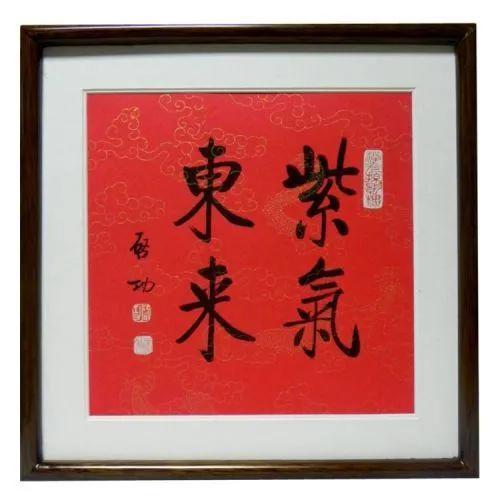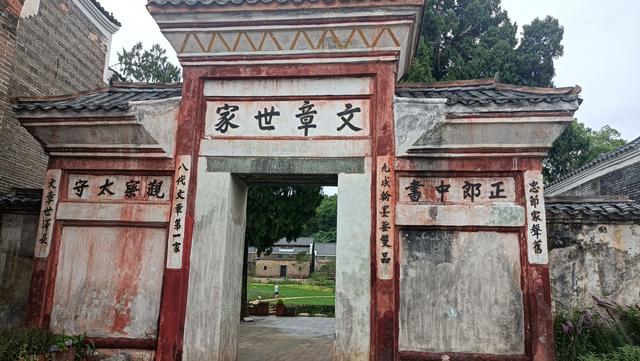紫气东来,意思就是有紫气从东方而来,而紫气自古以来就是吉祥、富贵的象征。所以,在古代,书香门第的大门都会挂上“紫气东来”的牌匾,这样用作比喻吉祥高照,福气到来!在现代,很多老百姓在春节来临的时候,也会把紫气东来贴在门框上作为门联的横批。
Ziqi comes from the East, which means that Ziqi comes from the East, and Ziqi has been a symbol of auspiciousness and wealth since ancient times. The ancient signboard of "auspiciousness" is hung on the gate of the ancient city of "auspiciousness", so the auspiciousness will come! In modern times, when the Spring Festival comes, many people will also stick ziqidong on the door frame as a banner of the door couplet.
出自汉·刘向《列仙传》:“老子西游,关令尹喜望见有紫气浮关,而老子果乘青牛而过也。”传说老子过函谷关之前,关尹喜见有紫气从东而来,知道将有圣人过关。果然老子骑着青牛而来。
老子很有学问,在周王朝担任主管图书典籍的官职。大约在他七十多岁的时候,天下大乱,诸侯之间争夺。“紫气东来”乃“老子出关”时的一大胜境,流传千古,代代传诵。
From the biography of immortals by Liu Xiang of the Han Dynasty: "when Lao Tzu traveled to the west, Guan Lingyin liked to see purple floating in the pass, and Lao Tzu passed by on a green ox." It is said that before Laozi passed Hangu pass, Guan Yin liked to see purple gas coming from the East and knew that saints would pass. Sure enough, I came here on a green bull.
Lao Tzu was very knowledgeable and served as an official in charge of books and classics in the Zhou Dynasty. When he was about seventy years old, the world was in chaos and the princes competed among themselves. "Purple Qi coming from the East" is a great scenic spot when "Lao Tzu left the customs". It has been handed down for thousands of years and passed down from generation to generation.











